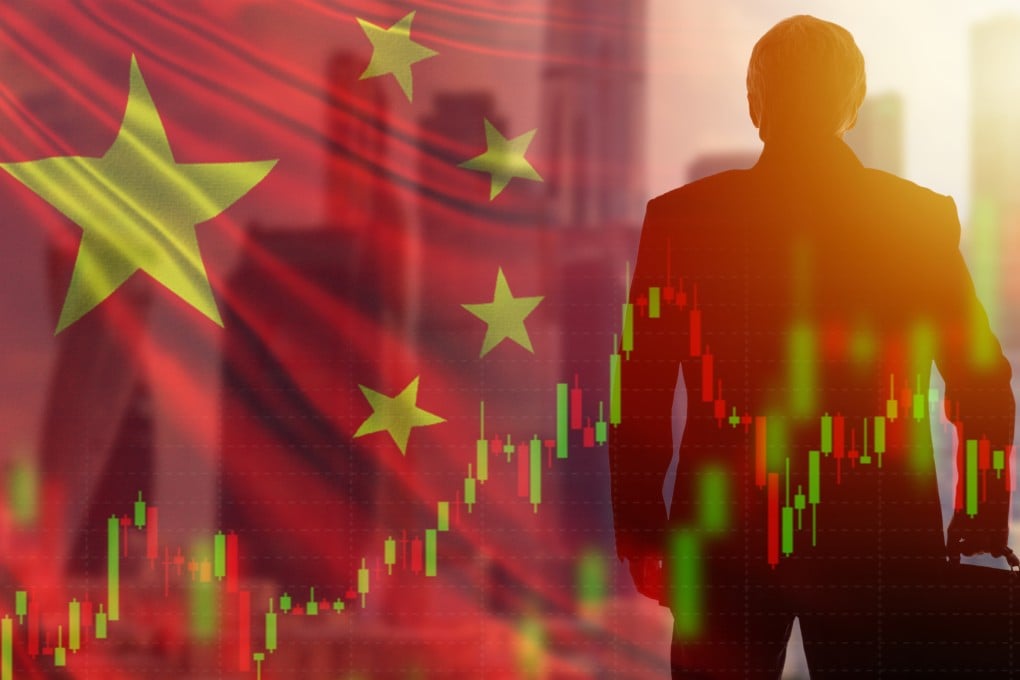Advertisement
Opinion | China should rely on rule of law, instead of flimsy political promises, to spur growth in nation’s private sector economy
- Beyond the institutionalised support, it is time for Beijing to provide clear rule-of-law protections to private businesses
- That would be more reassuring than creating a new government agency or making more promises
Reading Time:3 minutes
Why you can trust SCMP
1

The Chinese leadership’s advocacy for measures to support and spur growth in the private sector economy has intensified in 2023.
A few months ago, China created a new government agency called the private economy development bureau, under the oversight of the National Development and Reform Commission, with the mandate to coordinate a raft of support policies that would boost the growth momentum of private companies across the nation.
The bureau was born in a political atmosphere that encourages government agencies to be more friendly to private businesses. China’s internet watchdog, for example, has banned online comments that target domestic entrepreneurs, while the country’s procurators have pledged to cut private business owners more slack.
Advertisement
Drastic policy reversals have already been implemented in major industries. Private property developers were once considered persona non grata at Chinese state banking institutions, following Beijing’s direction in 2021 to reduce credit for them. China’s deepening property slump, however, prompted Beijing to reverse course and directed banks to provide “unsecured credit” to these developers, treating them as VIPs.
Chinese authorities have good reason to play nice with the private sector, as the much-anticipated post-Covid-19 economic recovery did not materialise. That led Beijing to consider the private sector as the best hope to reinvigorate the nation’s economy, as the country gets weighed down by a debt crises – including those of property developers and local governments – and its first deficit in foreign investment.
Advertisement
Beijing’s push to protect the legitimate interests of entrepreneurs and private business should be hailed as a positive change, compared with the situation a few years ago when irrational voices loudly denounced China’s private sector. In various online discussions, the apolitical term “private entrepreneur” was sometimes interchanged with “capitalist” – a strongly ideological word that implied China’s most enterprising community were part of society’s underclass.
Advertisement
Select Voice
Choose your listening speed
Get through articles 2x faster
1.25x
250 WPM
Slow
Average
Fast
1.25x

